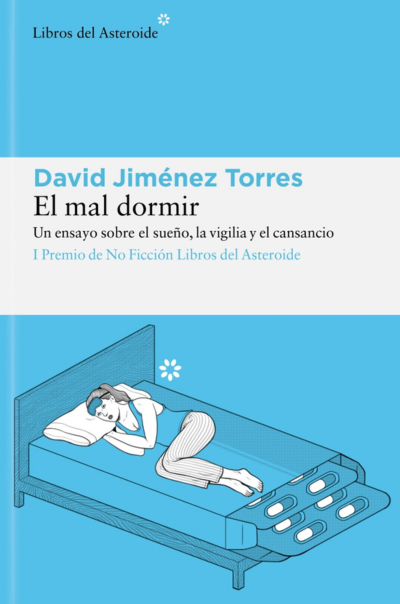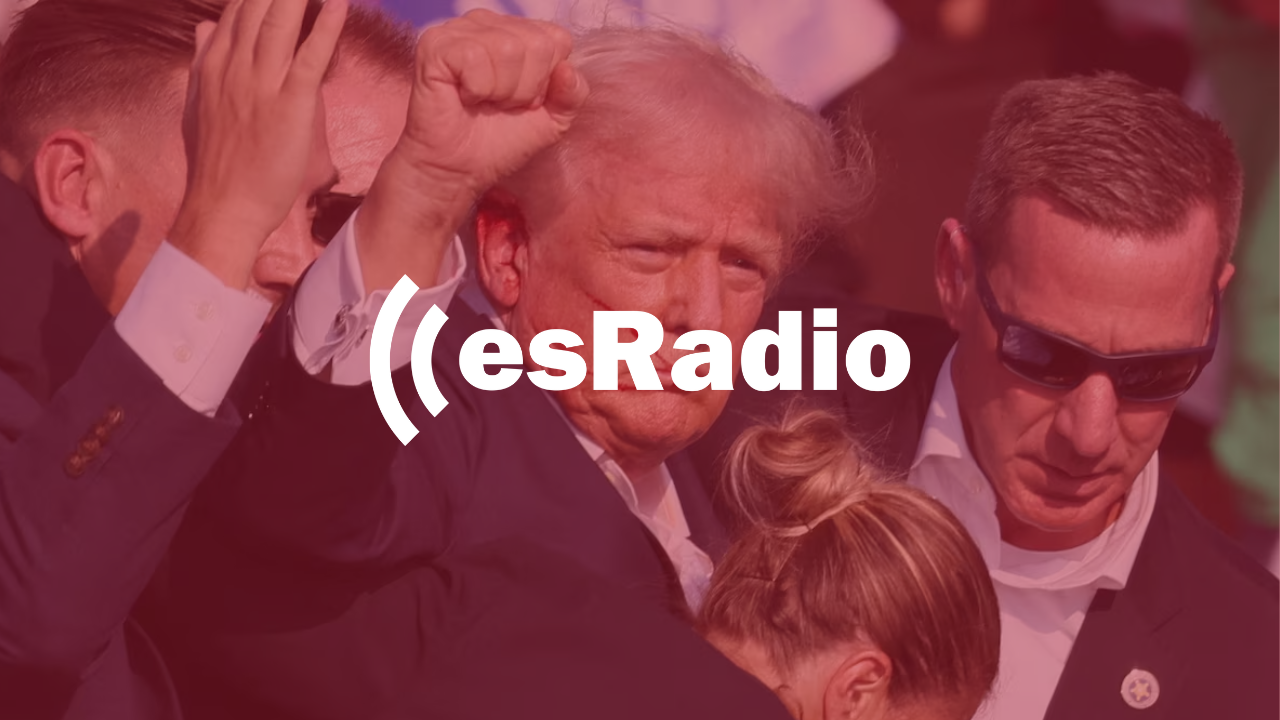Since 2017, there are two Parliaments in Venezuela, and after the afternoon of January 23rd, it seems that there are two presidents. Nobody knows who really has the power or how long will Nicolás Maduro resist, but the hope of the end of the Chavista era is alive among society.
The leadership of the heir of Chávez and his opponent, Juan Guaidó, are very different, and the style of their respective inauguration ceremonies evidences it. On January 10th, Maduro swore his position before a couple of nervous judges of the Supreme Court and a brief entourage that was attended by only four American presidents. It was impossible to ignore that of Nicaraguan president Daniel Ortega, who is currently in the spotlight for the toll of 300 deaths left by the violent repression of his Government in the civic demonstrations against his —and her wife’s— Administration. The atmosphere has been so convulsed lately in Venezuela and the continent, that it seems that Maduro forgot his duty to the people at the ceremony, and limited himself to swearing his mandate as in Ancient times, such as Chief Guaicaipuro, Negro Primero and Hugo Chavez. The head of the only state-controlled opposition apparatus, Juan Guaidó, proclaimed itself president on January 23rd, surrounded by thousands of Venezuelans who participated in a march for the country’s freedom. Guaidó did not swear alone. After some emotional words, he asked all his compatriots to raise their right hands and commit themselves to fighting to cease the occupation and restoring constitutional. Congratulations and displays of support from presidents around the world arrived soon after.
Maduro seems cornered, but this is not the first time that protests have shaken his Government. Not surprisingly, he remains in power despite protests in which more than 150 people have died, economic and political sanctions from several countries, and crushing electoral defeats, such as the one suffered by the regime with the victory of the opposition in 2015 , in the elections to the National Assembly.
Is there anything that makes this moment different? Something that can prevent Maduro from taking another ace up his sleeve, like the Constituent Assembly he created to neutralize the opposition? The answer is yes: the accusation of illegitimacy towards his presidency, based on the Venezuelan Constitution, which occurred after the May 2018 elections. Both Venezuelans and the international community have questioned irregularities, such as the fact that Maduro called the elections only a month and a half in advance, when, by law, he should have done so with a minimum of six. This move motivated that the representation of the opposition was scarce and that the abstention reached its highest level in history: 54 percent.
However, although much of the Venezuelan people, the Constitution itself, and the international community prove Guaidó right, Maduro is not alone. Apparently, he suspected that the opposition was plotting some movement for some time, since his agenda has been quite compromised in recent months. In the first half of December alone, he met with three heads of state: the Mexican president, Manuel López Obrador; the leader of Turkey, Erdogan, and his Russian counterpart, Vladimir Putin, in order to strengthen their alliances and try to breathe against the measures implemented by governments such as the United States to suffocate him.
The latter’s support for the opposition is key, since it is the main buyer of Venezuelan oil, thus paradoxically sustaining much of its economy. Cutting the funds of the Chavez authorities would be a good way to pressure them, and it would prove that the U.S. support is not only due to a political strategy to show muscle at a time when its domestic stability is jeopardized by the partial closure of the Government. The countries of the Lima Group, the United Nations and the European Union have also shown their support for the people’s request, although the last two did not explicitly recognize the figure of Guaidó, and asked the authorities of both sides to work to hold free elections. As one can see, a group of countries are pressing and weakening Maduro, and another group is seeking the path of negotiation, so that Maduro’s removal is peaceful and avoids increasing the death toll —there have been 16 killed in three days.
U.S. support to the Venezuelan opposition is key, since it is the main buyer of oil in this country, and thus supports its economy.
As for other countries such as China, Russia, Turkey and Cuba, they all have expressed their loyalty to Maduro very recently. Russian authorities have described as ‘illegal methods’ those words of support and aid in favor of the opposition. This fissure exposes the lack of cohesion of the international community and makes it difficult to foresee an exact moment for the departure of the president. In addition, obtaining international support is not the biggest obstacle facing the opposition. To strengthen themselves, Chavismo’s adversaries must overcome two internal challenges: to unify their political bloc and cause a change in the armed forces. Although 80 percent of Venezuelans reject Maduro according to the polls, only 25 percent trust the opposition’s performance. The internal conflicts between the parties that govern the National Assembly have not allowed to unify the movement against Maduro; and failure to seize power created disenchantment among the population.
As for the Army, if it does not lower its weapons, it is very difficult for any civil movement to prosper. As much as Guaidó already offered amnesty to the soldiers who support the people of Venezuela, this Thursday eight senior generals ratified their absolute fidelity to Maduro in messages broadcasted through state television channels. As they enjoy a high degree of immunity thanks to the Chavista leader, and lately they have been identified by international justice as managers of various smuggling and drug trafficking networks, it will be difficult to convince them.
Therefore, one possible scenario is that Maduro remains in power for now. This would not be ideal given the economic and humanitarian crisis, and the likely increase in violence to contain protesters. Another plausible scenario is that international pressure helps Venezuela negotiate a removal of the sitting Government, but the wounds of citizens can make it difficult to make concessions to Maduro and its loyalists. A third, more unlikely scenario, is for the armed forces to change sides and help Juan Guaidó gain the presidency. For now, the whereabouts of the opposition leader are unknown, and Venezuela is mired in uncertainty. The only sure thing is that citizens will continue to fight. The next mass march is convened at the end of February, but nobody knows what will happen next.






